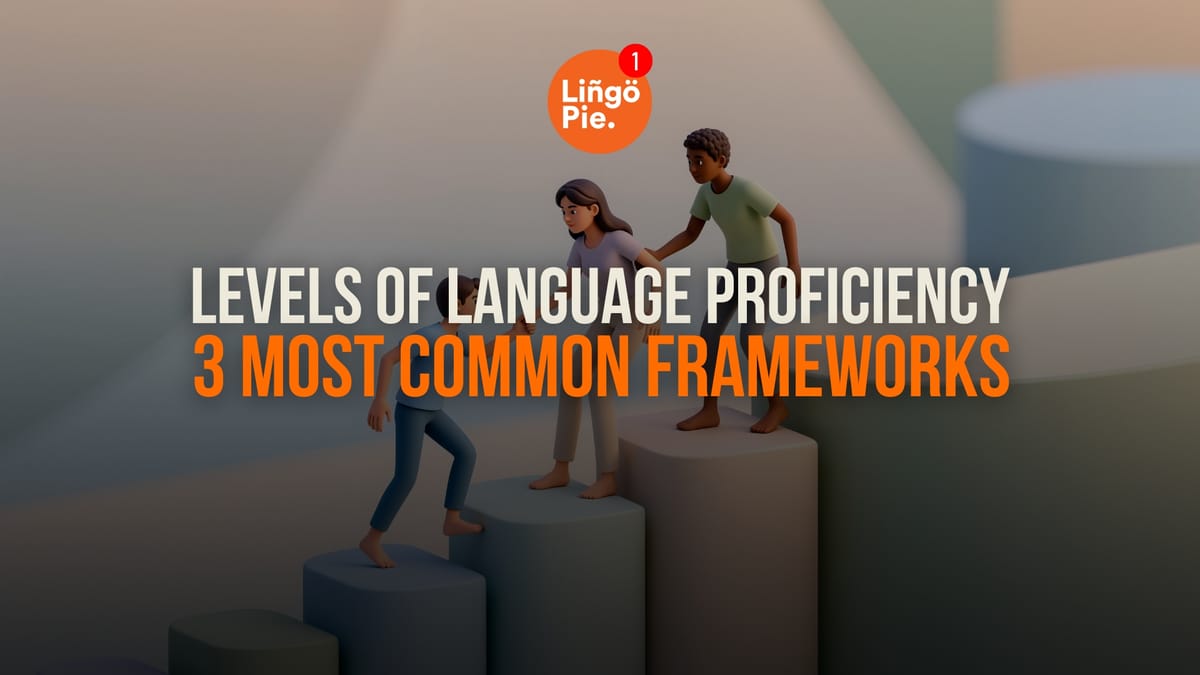Are you counting down the days of your summer vacation in France? Well, if you’re lucky enough to be there on July 14th, get ready for something special! It’s Bastille Day—France’s biggest party of the year.
Known as "La Fête Nationale" or simply "Le Quatorze Juillet" in French, Bastille Day marks the storming of the Bastille prison back in 1789—a historic turning point that ignited the French Revolution and reshaped the nation's future.
In this article, we're diving into what makes Bastille Day so important, why it’s celebrated, and all the fun ways you can join in. Plus, we’ll throw in some handy French phrases so you can impress the locals while soaking up the excitement. Ready to get in the spirit? Let’s go!
- 13 Must-Know French Traditions For Your Next Trip
- 11+ Funny French Expressions That’ll Surprise You
- 5 French Accent Marks You Need To Know

What Is Bastille Day?
Bastille Day is France’s national holiday, celebrated every year on July 14. It marks the anniversary of the storming of the Bastille prison in 1789, a key event that sparked the French Revolution. The Bastille was seen as a symbol of the king’s power, so when revolutionaries took it over, it showed that ordinary people could stand up for their rights and demand change.
Today, Bastille Day is a time for people across France to celebrate freedom and unity. Cities and towns hold parades, parties, concerts, and fireworks displays. The biggest event is the military parade along the Champs-Élysées in Paris, watched by thousands in person and on TV. It is a day filled with music, gatherings, and a proud sense of French history and culture.
Brief History Of Bastille Day
Bastille Day, celebrated on July 14th, has deep roots in the French Revolution. To help you understand this important day better, let’s introduce a few key French terms related to the revolution as we break down how this historic event came to be.
| French Word | English Translation |
|---|---|
| Révolution | Revolution |
| Monarchie absolue | Absolute monarchy |
| Ancien régime | Old regime (pre-revolution) |
| Souveraineté | Sovereignty |
| Liberté | Liberty |
| Égalité | Equality |
| Fraternité | Fraternity |
| Citoyens | Citizens |
| Bastille | Bastille (fortress-prison) |
| Garde nationale | National Guard |
| Prisonniers | Prisoners |
| Manifestations | Protests |
| Prise | Seizure (or capture) |
| République | Republic |
| Réforme | Reform |
Origins Of Bastille Day
In the late 18th century, France was boiling over with discontent. Social, economic, and political tensions were at an all-time high. Financial crises, unfair taxes, and a lack of representation led the French people to demand change.
Here’s a quick snapshot of how things unfolded:
- May-June 1789: King Louis XVI called the Estates-General, a meeting of representatives from all social classes.
- July 11, 1789: The king fired his finance minister, who had been pushing for reforms. This angered the public.
- July 12, 1789: Rumors spread that Swiss and German mercenaries were being brought in to “restore order” in Paris, fueling more unrest.
- July 13, 1789: Protests broke out, and citizens began preparing for a fight, seeking weapons.
The Storming of the Bastille: July 14, 1789
This all led to the historic storming of the Bastille. Revolutionaries targeted this fortress prison, a symbol of the king’s absolute power. Though it only housed a few prisoners at the time, its fall was a massive victory for the people. Taking the Bastille wasn’t just about freeing prisoners—it was a loud and clear message that the people were ready to overthrow the monarchy.
Significance In The French Revolution
The storming of the Bastille was the spark that set the French Revolution ablaze. It encouraged people all over France to rise against King Louis XVI's rule. This event marked the beginning of the end for the monarchy and set the stage for France's transformation into a republic.
Today, Bastille Day is about much more than a prison break. It commemorates the fight for freedom and the revolutionary values of liberty, equality, and fraternity that continue to define France. It’s a day when the French celebrate the enduring spirit of their revolution, with parades, fireworks, and a sense of national pride.

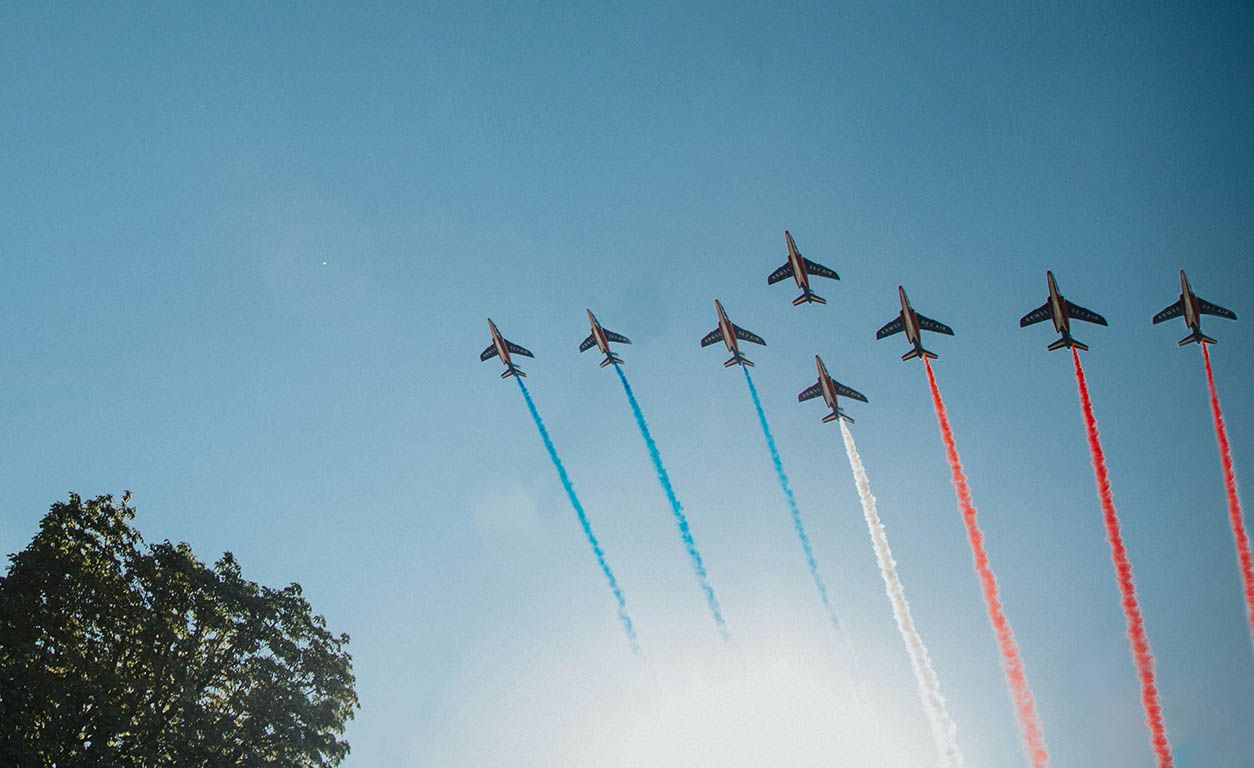
How Is Bastille Day Celebrated In France Today?
Bastille Day, or la Fête nationale, unfolds across France with a vibrant mix of patriotic tradition, public celebration, and cultural events. Here’s what you can expect:
Morning
- The Champs‑Élysées in Paris hosts Europe’s oldest and largest military parade. It begins at the Arc de Triomphe and ends at Place de la Concorde. Military units, aircraft flyovers, and honored guests such as France’s president take part.
Afternoon
- Nationwide, towns and villages hold community events—picnics in parks, concerts, sales in stores, public dances (called bals populaires), and “Firemen’s Balls” in fire stations.
Evening
- Fireworks displays light up the sky at 11 pm. In Paris, the show staged at the Eiffel Tower draws nearly a million spectators picnicking on the Champ de Mars or across the Seine at Trocadéro. Fireworks also launch in cities like Lyon over the Rhône River.
Extras
- Live music concerts, open-air screenings, cultural performances, optional Seine river cruises with dinner and fireworks, and local ceremonies round out the festivities.
Every corner of France joins the celebration in its own way—from grand parades in Paris to intimate village gatherings, with freedom, unity, and “Vive le 14 juillet !” echoing across the nation
Bastille Day Greetings 2025
Here are some popular Bastille Day greetings you can use in 2025—whether you’re chatting with friends, sending a message, or posting on social media:
- Bonne fête nationale ! — Happy National Day
- Joyeux quatorze juillet ! — Happy 14 July
- Vive la France ! — Long live France
- Liberté, Égalité, Fraternité — The French motto “Liberty, Equality, Fraternity”
- Vive le quatorze juillet ! — Long live the fourteenth of July
- Que passe une belle Fête Nationale ! — Wish you a lovely National Day
- Profites bien du feu d’artifice et des bals ! — Enjoy the fireworks and the festivals
- Plein de joie et de bonne humeur pour ce 14 juillet ! — Wishing joy and good spirits this 14 July
Bastille Day Conversations
If you want to chat with friends or locals about Bastille Day, here are some common phrases you might hear or use. They are friendly, casual, and easy to remember if you plan to join the celebrations.
Making Plans
- On fait quoi pour le quatorze juillet ? (What are we doing for the 14th of July?)
- Tu veux venir au défilé avec moi ? (Do you want to come to the parade with me?)
- On se retrouve où pour le feu d’artifice ? (Where should we meet for the fireworks?)
Talking About the Festivities
- Le feu d’artifice était magnifique ! (The fireworks were amazing!)
- J’adore l’ambiance aujourd’hui. (I love the atmosphere today.)
- Il y a un bal populaire ce soir ? (Is there a public dance tonight?)
- C’est la plus belle fête de l’année ! (This is the best celebration of the year!)
Wishing Well in Conversation
- Passe une super fête ! (Have a great celebration!)
- Bonne soirée du quatorze juillet ! (Have a good evening on the 14th of July!)
These simple phrases help you join the fun, make plans, and share the excitement with others. Try using one or two next time you celebrate Bastille Day — it shows you care about the spirit of the day and adds a warm, friendly touch to your conversations.
Celebrating The Bastille Day With Movies And Tv Shows
This influence is not limited to “highbrow culture” either. Just take a quick look at our French TV shows and movies listings. These are not just a great way (and terribly appropriate) way to learn French with TV and movies. They also include very personal angles at some of the dilemmas faced by French society:
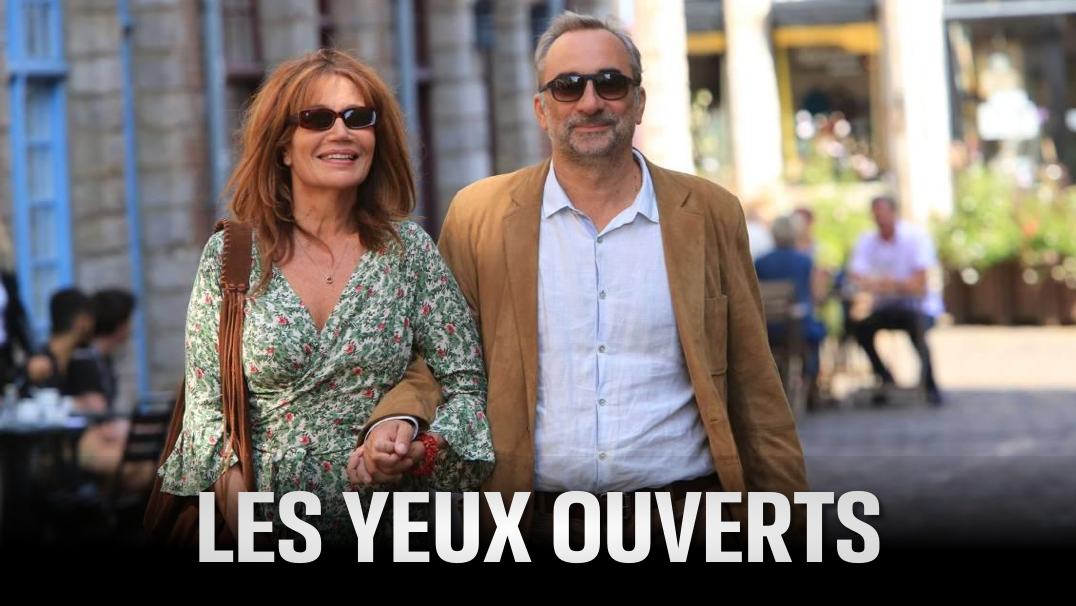
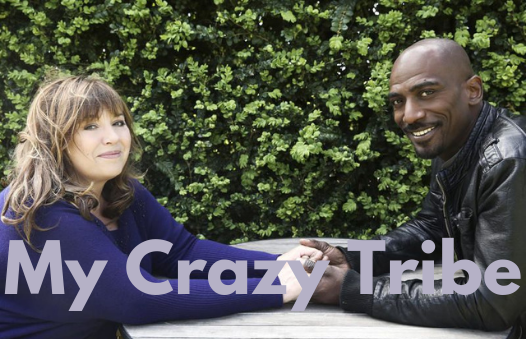

Want to learn more about France today? Try these shows!
My Crazy Tribe is a reality TV experiment that cheekily explores the challenges and occasional misunderstandings of diverse families in small-town France
Le Yeux Ouverts (Eyes Open) makes a spin on the traditional romantic comedy genre by showing us a well-established bling couple. What happens when he gets a corneal transplant? How do they relearn their family dynamics?
Pacific Criminal shows us a fast-paced look at an non-traditional part of France: the picturesque South-Pacific island of New Caledonia. Expect the puzzles and fast action of a police series, intertwined with the unique history of this French overseas territory.
Bastille Day Around The World
Though Bastille Day is France’s national holiday, its celebrations extend far beyond French borders. Here’s a quick look at how it’s celebrated globally:
- Canada: Cities like Montreal and Quebec host parades, fireworks, and cultural events, celebrating the strong French heritage.
- United States: In cities with French ties, you’ll find French food festivals, street fairs, and lively performances of French music and dance.
- Australia: Sydney and Melbourne join in with French cuisine, wine tastings, and cultural showcases at French cultural centers and restaurants.
- French Expats: Around the world, French expats gather at embassies, consulates, and French cultural institutes to celebrate their national identity with local communities.
- Former French Colonies: In places with historic ties to France, Bastille Day mixes local and French traditions, honoring the shared history and cultural exchanges.
From parades in Quebec to French food fests in New York, Bastille Day’s spirit of liberty, equality, and fraternity is felt worldwide.
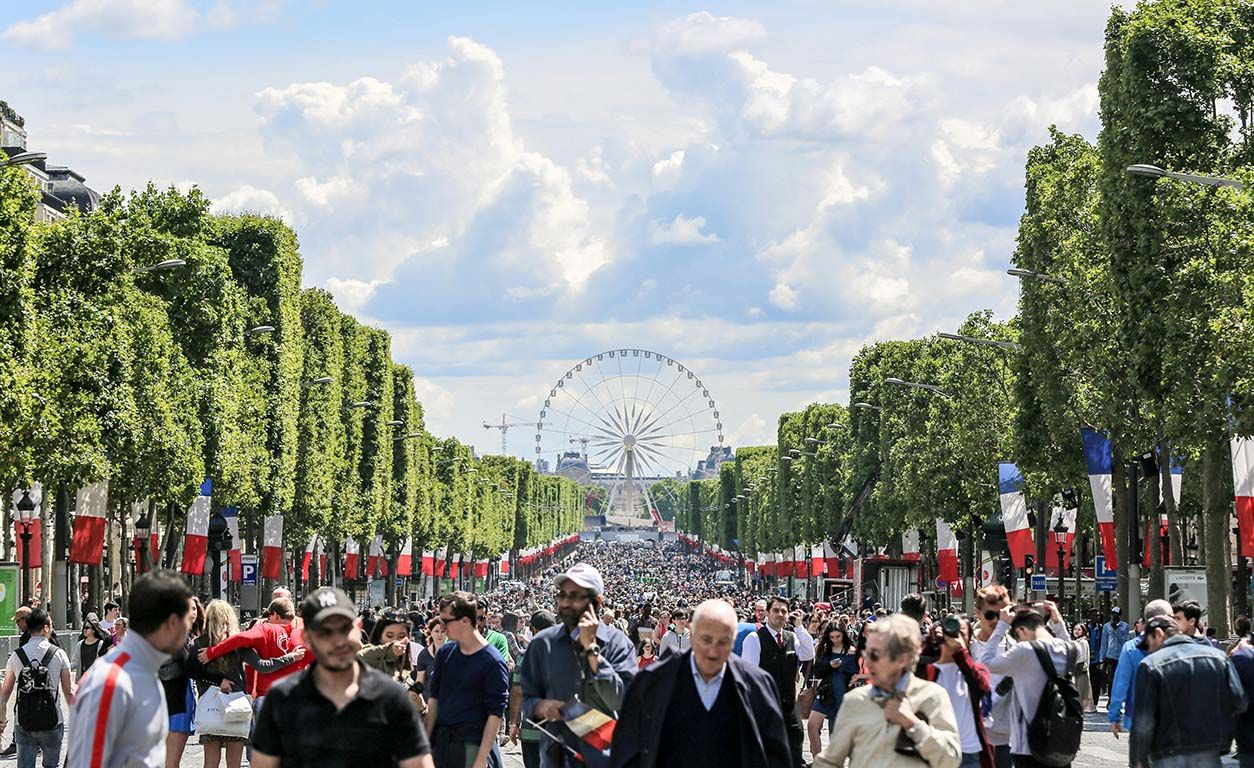
French Words And Phrases Related To Bastille Day
Now that we know a bit about Bastille Day, its history, and how it is celebrated in France and around the world, let's take this opportunity to learn some key French words and phrases that capture the essence of this important holiday.
Learn French With Lingopie
Want to see your favorite characters experience Bastille Day all while learning key French phrases? With Lingopie, you can immerse yourself in French culture while learning the language through hit French TV shows and movies. Dive into real-life celebrations, pick up essential vocabulary, and make your French skills shine. Start your journey with Lingopie today!
Joyeux Quatorze Juillet!
Frequently Asked Questions About Bastille Day
1. Why Is The Bastille So Important?
The Bastille was a fortress prison in Paris that held political dissidents and symbolized the absolute power of the monarchy. Its storming on July 14th, 1789, marked a turning point in the French Revolution, representing the people's uprising against oppression and the demand for freedom and justice. The fall of the Bastille became a symbol of the end of absolute monarchy and the birth of the French Republic, making it a significant historical and cultural landmark.
2. What Is An Interesting Fact About Bastille Day?
An interesting fact about Bastille Day is that it wasn't declared an official national holiday until 1880, nearly a century after the actual event. The French Third Republic established it to unify the nation and celebrate the Republic's values—liberty, equality, and fraternity. Today, it is one of the most celebrated national holidays in France.
3. What Do You Say On Bastille Day?
On Bastille Day, people often greet each other with "Joyeux Quatorze Juillet!" which means "Happy Fourteenth of July!" Another common phrase is "Bonne Fête Nationale!" meaning "Happy National Holiday!"
4. Is Bastille Day Worth The Visit?
Yes, Bastille Day is definitely worth the visit, especially if you are in France around that date. The vibrant celebrations offer a unique and memorable experience. Paris, in particular, is a spectacular place to witness the festivities, but celebrations across the country also provide a rich cultural experience.
5. What To Wear For Bastille Day?
For Bastille Day, many people wear clothing in the colors of the French flag—blue, white, and red. Casual yet festive attire is common, especially at outdoor events like parades and fireworks displays. Comfortable shoes are a good idea, as you'll likely be on your feet enjoying the activities. Accessories such as hats, scarves, or flags in the national colors can also add to the festive spirit. For evening events, such as public dances or parties, smart casual attire is appropriate.





![The Fastest Way to Learn Spanish In 2026 [Guide]](/blog/content/images/2025/12/Fastest-way-to-learn-spanish.jpg)
